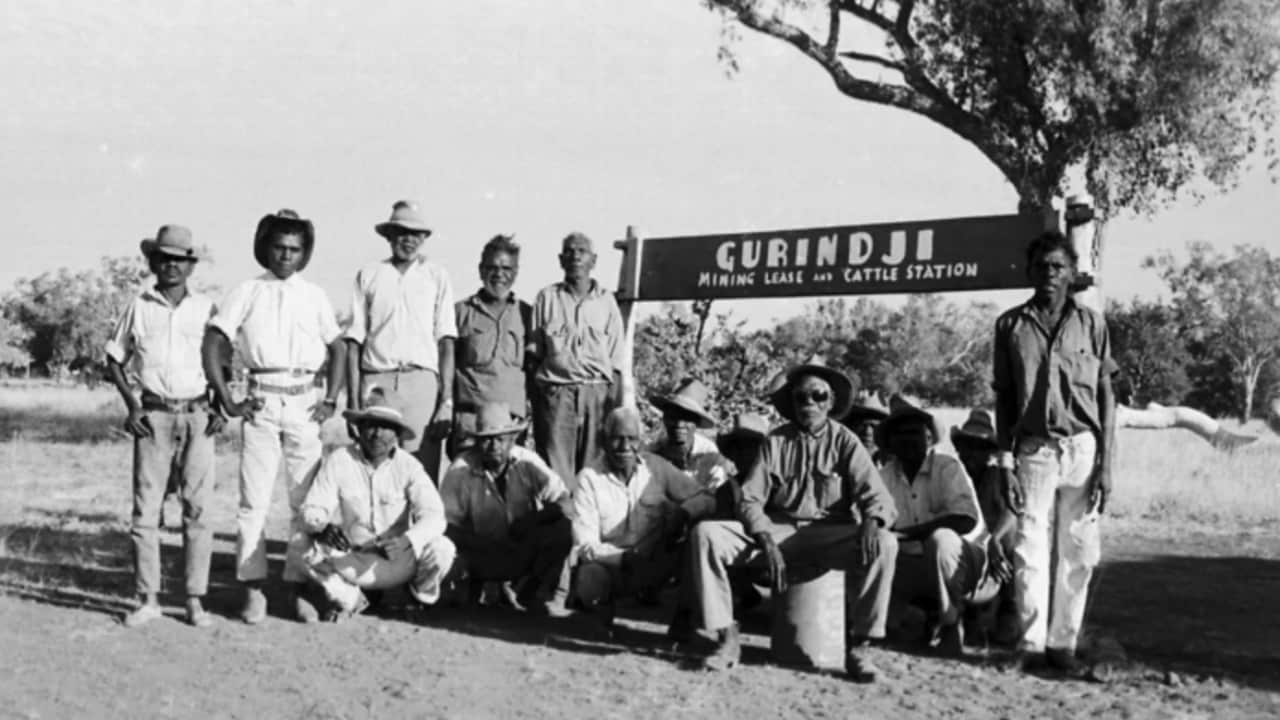As sport returns around the world from a coronavirus-induced break, players, clubs and leagues have been taking a stand on political and social issues.
Several major sporting organisations have moved to allow once-controversial acts of protest following the death in custody last month of George Floyd, which galvanised the Black Lives Matter movement around the world.
On Wednesday, British Prime Minister Boris Johnson reversed a decision not to extend a free meal program for struggling families , who relied on such support as a kid.
Daryl Adair, an associate professor of sport management at the University of Technology Sydney, said it showed how powerful the platforms of sporting figures are.
“We have a young man [in Rashford] who is now earning 10 million pounds a year, who has not forgotten his roots. He’s not ignored the community from where he’s from, particularly during COVID-19,” he said. “It’s a very powerful message that someone who is a professional athlete, who young people look up to, can say ‘I have a responsibility to use my influence to look after you’.
“It’s a very powerful message that someone who is a professional athlete, who young people look up to, can say ‘I have a responsibility to use my influence to look after you’.

Manchester United and England footballer Marcus Rashford Source: AP
“Social media gives athletes a bigger voice than they ever have and I think many more athletes will take that message on board. The momentum will be irrepressible.”
‘Fundamentally entwined’
From taking a knee on the field to social media campaigns, sports clubs and players are increasingly speaking up on political issues - and officials are backing them.
When the English Premier League resumes on Thursday morning, players will wear shirts with "Black Lives Matter" written on the back in place of their names.
It represents a stark contrast to March, when Manchester City manager Pep Guardiola was fined by the Football Association for wearing a ribbon in support of jailed Catalan independence leaders.
In the United States, the NFL last week .
The apology came years after quarterback Colin Kaepernick was ostracised for kneeling during the national anthem to protest racial injustice and police brutality.
While there’s been a noticeable increase in the number of social discussions taking place in the sporting world, associate professor Adair said the current moment isn’t an isolated period.
“This is not the first time that sport has been fundamentally entwined in politics – it always has been,” he said.
“In the past, nation states used international sport for their own political purposes. In the Cold War, we had the Soviet Union vs the US at the Olympics, for example.
“There’s also a lot of politics involved in the way that different genders or disabled athletes and organisations are given funding by governments.”
The late Australian sprinter and human rights advocate Peter Norman played a key role in one of the iconic sporting moments of the 20th century.
Norman stood on the Olympic podium next to American sprinters Tommie Smith and John Carlos as they raised black-gloved fists to raise awareness of racial inequality.
A 'potent symbol' of Australian society
Political acts made by players and clubs in Australia have also become more prevalent.
AFL and NRL players have been to condemn racism and highlight the 434 known Indigenous deaths in custody since 1991.
Last weekend, when two AFL fans threatened to terminate their memberships with the Fremantle Dockers and St Kilda Saints if their players took a knee, both clubs swiftly doubled down on their position.
And when Carlton’s Eddie Betts was racially vilified in a social media post on Sunday, many AFL players and clubs quickly issued strong public statements condemning it.
"Our Indigenous athletes have had to confront racism and whey have not been given the organisational or public support, what is taking place now is simply a recognition they should be protected,” associate professor Adair said.
“Nobody is suggesting now athletes should be taking a knee every week. Hopefully, there will be enough change to the extent taking the knee will not be necessary. At the moment it’s a very potent symbol of the problems in our society.
“The knee is only taken for a minute or so before the game, so if that’s a problem for your viewing experience, you perhaps are not immersed enough in why people are doing it.”
‘Keep the politics out of it’
While many sports have recently moved to allow social and political statements at their events, not everyone has embraced the idea.
There’s been pressure on the International Olympic Committee to scrap Rule 50 of the Olympic Charter, which bans any “kind of demonstration or political, religious or racial propaganda” in any Olympic sites.
After a 2017 policy requiring US national team football players to stand during the country’s anthem was repealed this month, US President Donald Trump .
In Australia, former NSW MP Charlie Lynn renounced his membership of the Greater Western Sydney Giants AFL club and said in an open letter published in the Spectator that “[AFL hierarchy] seem to have forgotten that people go to the footy to be entertained – not indoctrinated!”.
“The AFL crossed the line with their stunt this week,” he told Nine Radio this week, in reference to allowing players to kneel.
“Keep the politics out of it – go positive.”
Associate professor Adair said he understands both sides of the argument.
“I understand that perspective. I mean, I watch sport to escape from COVID-19 as much as anyone else,” he said.
“These days you’d struggle to find a sport or league that does not have anti-racism as a core platform, so that’s aligned itself nicely with the Black Lives Matter movement.
“But while some people say that politics should be out of sport, we also need to understand how politics can be used in the moment - and if we’re talking about Black Lives Matter, the moment is now.”










